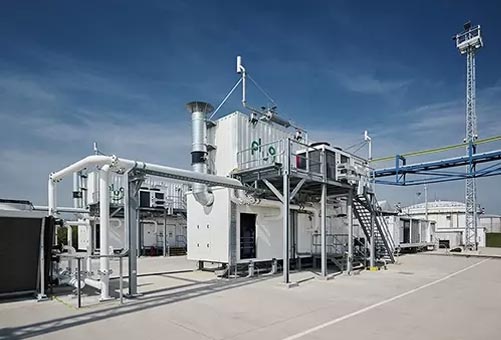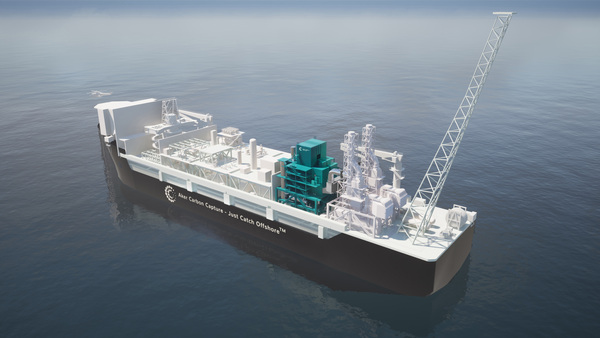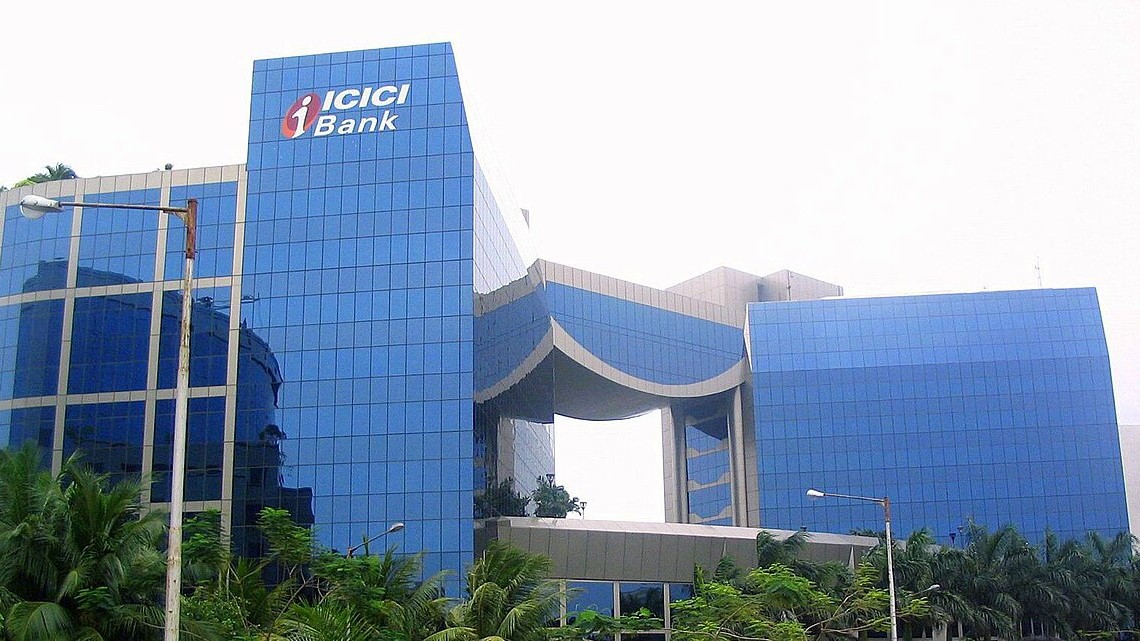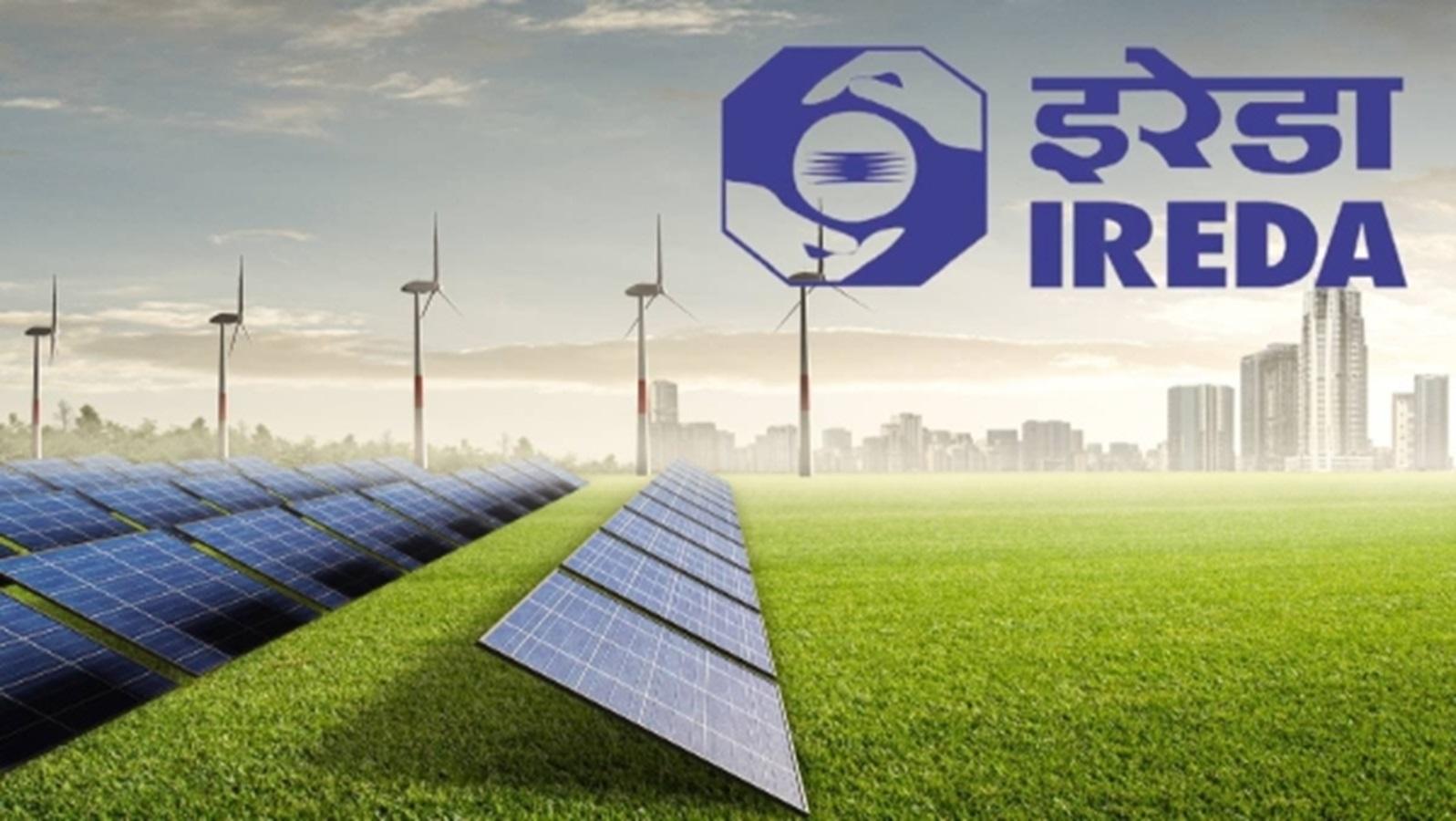Ecosystem
Tata Group's Net Zero Vision: Pioneering Sustainable Business Transformation
India's Corporate Net Zero Revolution: Leading Companies Driving Climate Action
Reliance Industries: Leading India's Net Zero Revolution
Reliance Industries Limited (RIL), one of India's largest conglomerates, has emerged as a frontrunner in the country's journey toward carbon neutrality. With an ambitious target of achieving net zero carbon emissions by 2035, RIL is setting new benchmarks for corporate environmental responsibility in India.
Ambitious Investment in Clean Energy
RIL has committed a substantial $10.1 billion investment in clean energy initiatives over the next three years. This massive financial commitment underscores the company's serious approach to transitioning from traditional fossil fuel operations to sustainable energy solutions.
The Dhirubhai Ambani Green Energy Giga Complex
At the heart of RIL's net zero strategy lies the construction of the Dhirubhai Ambani Green Energy Giga Complex in Jamnagar, Gujarat. This state-of-the-art facility represents one of the world's largest integrated renewable energy manufacturing complexes. The first giga-factory within this complex is scheduled to begin production in the second half of 2024, marking a significant milestone in India's renewable energy manufacturing capabilities.
The complex is designed to produce:
·
Solar photovoltaic modules
·
Energy storage batteries
·
Electrolyzers for green hydrogen production
·
Fuel cell systems
Innovative Waste-to-Road Initiative
RIL's commitment to circular economy principles is exemplified through its ReRoute™ initiative. This groundbreaking program converts waste and multi-layer plastics into road construction materials. The company has successfully built 40 kilometers of roads in Maharashtra and 12 kilometers in Vadodara using end-of-life plastics, demonstrating how industrial waste can be transformed into valuable infrastructure assets.
Commercial-Scale Bio-gas Projects
Beyond traditional renewable energy sources, RIL has ventured into commercial-scale Compressed Bio-gas (CBG) projects. These initiatives convert organic waste into clean fuel, contributing to both waste management and renewable energy generation.
Strategic Partnerships and Future Vision
RIL's approach to achieving net zero extends beyond internal operations to include strategic partnerships with global technology leaders and suppliers. The company is building an integrated ecosystem that spans the entire clean energy value chain, from raw material sourcing to end-user applications.
Impact on India's Climate Goals
As one of India's largest industrial players, RIL's net zero commitment significantly contributes to the country's national climate objectives. The company's initiatives align with India's goal of achieving net zero emissions by 2070 and demonstrate how large corporations can lead by example in the fight against climate change.
RIL's comprehensive approach to net zero, combining massive investments, innovative technologies, and sustainable business practices, positions the company as a catalyst for India's green energy transformation. Their 2035 target, which is ahead of many global peers, reflects both ambition and practical commitment to environmental stewardship.
References
1. Reliance Industries
Official Sustainability Page - https://www.ril.com/sustainability/net-zero-carbon
2. Government of India
Press Information Bureau - https://www.pib.gov.in/PressReleaseIframePage.aspx?PRID=1945472
3. Business Standard - Net
Zero Commitments by Indian Companies
4. Economic Times -
India's Corporate Climate Action Reports
... Read more

Linde plc: Global Industrial Gas Leader Driving Hydrogen Innovation
Linde plc, formed through the merger of Linde AG and Praxair, is the world's largest industrial gas company with a rich history dating back to 1879. Headquartered in Ireland with primary operations in Germany and the United States, Linde serves customers across healthcare, petroleum refining...
Read more
ITM Power: Specialist in PEM Electrolysis Technology
ITM Power, founded in 2001 and headquartered in Sheffield, UK, is a leading manufacturer of integrated hydrogen energy solutions. The company specializes in Proton Exchange Membrane (PEM) electrolysis technology for green hydrogen production. ITM Power designs, manufactures, and integrates electr...
Read more
Nel ASA: Leading Electrolyzer Technology Provider
Nel ASA, founded in 1927 and based in Norway, is a global leader in electrolyzer technology for hydrogen production. The company offers both alkaline and PEM electrolyzer solutions, serving customers worldwide with proven technology and extensive experience. Nel's solutions range from small-...
Read more
Plug Power: Comprehensive Hydrogen Ecosystem Solutions
Plug Power, founded in 1997 and headquartered in New York, USA, is a leading provider of hydrogen fuel cell and electrolyzer technology. The company offers comprehensive solutions for the hydrogen economy, including fuel cells, electrolyzers, and hydrogen infrastructure. Plug Power serves custome...
Read more
Climeworks: Direct Air Capture Technology Leader
Climeworks, founded in 2009 and based in Switzerland, is a pioneer in direct air capture (DAC) technology. The company develops and operates machines that capture CO2 directly from ambient air, enabling permanent CO2 removal from the atmosphere. Climeworks has established itself as the global lea...
Read more
Carbon Engineering: Large-Scale Atmospheric CO2 Removal
Carbon Engineering, founded in 2009 and headquartered in Canada, is a leading developer of direct air capture technology for large-scale atmospheric CO2 removal. The company's innovative approach combines air capture with CO2 utilization, creating a pathway for producing clean fuels from atm...
Read more
Aker Carbon Capture: Industrial Carbon Capture Solutions
Aker Carbon Capture, a subsidiary of Aker Solutions based in Norway, specializes in carbon capture technologies for industrial applications. The company offers modular, standardized carbon capture solutions designed to reduce costs and implementation timelines. Aker Carbon Capture focuses on post...
Read more
Bloom Energy: Solid Oxide Fuel Cell Innovation
Bloom Energy, founded in 2001 and headquartered in California, USA, is a leading provider of solid oxide fuel cell technology. The company develops and manufactures fuel cell systems that generate clean, reliable power for businesses and communities. Bloom Energy has established itself as an inno...
Read more
European Investment Bank - The EU's Climate Champion
European Investment Bank - The EU's Climate Champion
Leading the Global Green Finance Revolution
The European Investment Bank (EIB) has positioned itself as the world's largest multilateral lender and a pioneer in climate finance. Since 2019, the EIB has committed to becoming the EU's...
Read more
World Bank Group - Mobilizing Trillions for Climate Action
World Bank Group - Mobilizing Trillions for Climate Action
Unprecedented Scale of Climate Finance
The World Bank Group stands as the largest source of climate finance for developing countries, with a commitment to provide $35 billion annually in climate finance by 2025. This figure re...
Read more
JPMorgan Chase - Wall Street's Green Finance Leader
JPMorgan Chase - Wall Street's Green Finance Leader
Record-Breaking Climate Commitments
JPMorgan Chase, America's largest bank, has emerged as a leader in sustainable finance with commitments exceeding $400 billion toward climate action and sustainable development by 2030. This unprec...
Read more
ICICI Bank - India's Green Finance Pioneer
ICICI Bank - India's Green Finance Pioneer
Leading India's Sustainable Finance Revolution
ICICI Bank, one of India's largest private sector banks, has established itself as a leader in sustainable finance with a comprehensive approach to green banking. The bank's sustainable financing...
Read more
KfW Development Bank - Germany's Green Finance Powerhouse
KfW Development Bank - Germany's Green Finance Powerhouse
Exceptional Scale of Climate Investment
KfW Development Bank, Germany's state-owned development bank, represents one of the world's most significant sources of climate finance. With annual climate-related commitments exceeding ...
Read more
Indian Renewable Energy Development Agency (IREDA) - India's Clean Energy Specialist
Indian Renewable Energy Development Agency (IREDA) - India's Clean Energy Specialist
Dedicated Renewable Energy Financing
The Indian Renewable Energy Development Agency (IREDA) stands as India's premier financial institution dedicated exclusively to renewable energy and energy efficie...
Read more
BlackRock - The Asset Management Giant's Climate Investment Revolution
BlackRock - The Asset Management Giant's Climate Investment Revolution
Unprecedented Scale of Sustainable Investment
BlackRock, the world's largest asset manager with over $10 trillion in assets under management, has fundamentally reshaped global capital markets through its commitment...
Read more
Asian Development Bank - Catalyzing Asia's Clean Energy Transition
Asian Development Bank - Catalyzing Asia's Clean Energy Transition
Leading Climate Finance in Asia-Pacific
The Asian Development Bank (ADB) has emerged as the leading source of climate finance in the Asia-Pacific region, with commitments exceeding $100 billion for climate action by 20...
Read more
State Bank of India (SBI) - India's Public Sector Climate Finance Leader
State Bank of India (SBI) - India's Public Sector Climate Finance Leader
Massive Scale of Green Finance Commitment
State Bank of India (SBI), the country's largest commercial bank, has committed over ₹100,000 crores to green and sustainable financing initiatives, making it one of In...
Read more
Power Finance Corporation (PFC) - Financing India's Power Sector Transformation
Power Finance Corporation (PFC) - Financing India's Power Sector Transformation
Central Role in India's Energy Transition
Power Finance Corporation (PFC), India's largest power sector financing institution, plays a pivotal role in the country's transition to clean energy. With a loan ...
Read more
